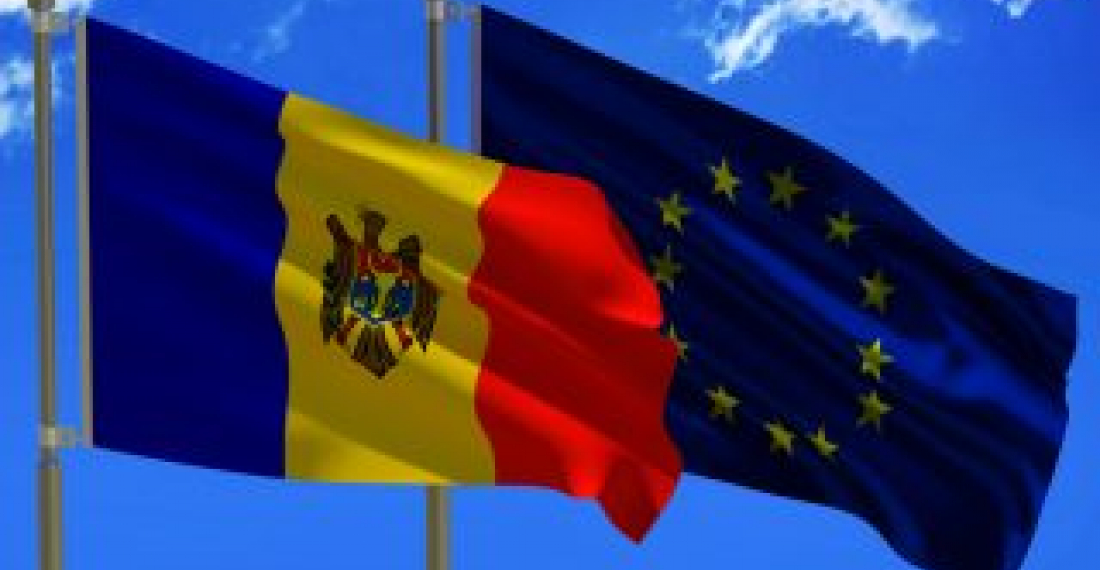On 18 January, the EU High Representative for Foreign Affairs and Security Policy, Josep Borrell, met in Brussels with Moldova president Maia Sandu, as was reported by the press service of the European External Action Service. Sandu is currently visiting Brussels on her first trip to the European institutions since taking office in December.
A statement posted on the website of the European External Action Service said that Josep Borrell reaffirmed the commitment of the EU to strengthen political association and economic integration with the Republic of Moldova by working in close partnership, on the basis of the ambitious Association Agreement.
He welcomed the President’s strong focus on and mandate for reforms, strengthening the rule of law and tackling corruption, and assured her of the EU’s full support in this endeavour, which is key to bringing tangible benefits to the lives of Moldovan people. They also discussed internal developments and the need for decisive and effective steps to regain the trust of Moldovan citizens in state institutions, to build a strong and independent judiciary and ensure a stable financial and banking sector.
Regarding the challenges resulting from the coronavirus pandemic, the High Representative/Vice-President recalled the EU’s strong solidarity with the Republic of Moldova. In addition to €108 million mobilised to deliver protective equipment, strengthen the healthcare system and support socio-economic recovery, the Republic of Moldova has already also benefitted from €50 million of emergency Macro-Financial Assistance from the EU.
High Representative/Vice-President Borrell underlined the EU’s commitment to help ensuring that coronavirus vaccines are accessible to all, including in the EU’s immediate neighbourhood. Furthermore, additional EU assistance, in particular through the World Health Organisation, can be used by the Moldovan authorities to be adequately prepared for the coronavirus vaccination campaign.
High Representative and President Sandu also discussed the situation in the Transnistrian region. The High Representative reiterated the EU’s commitment to a peaceful, comprehensive and sustainable settlement process within the framework of the 5+2 process and reaffirmed its steadfast support to the sovereignty and territorial integrity of the Republic of Moldova within internationally recognised borders, in line with the OSCE Ministerial Statement from December 2020.
In Brussels Maia Sandu is expected to meet with leaders of the European Union including President of the Commission Ursula van der Leyen and Council president Charles Michel.






